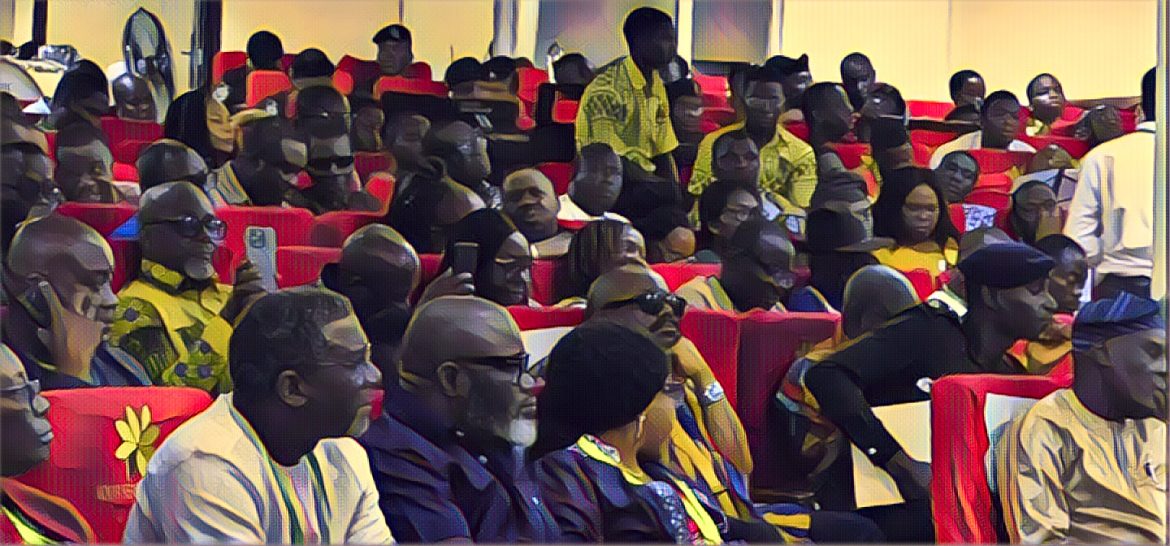KEY POINTS
- Ghana’s education sector needs alternative funding to reduce government dependence.
- Stakeholders urge proper use of GETFund to enhance education financing.
- Alumni and private sector contributions can help sustain school funding.
Ghana’s education funding needs urgent reforms as stakeholders call for alternative financing sources, better GETFund management, and increased private sector support.
Stakeholders push for alternative funding in Ghana’s education sector
Citing the unviability of the government’s existing approach, especially at the pre-tertiary level, stakeholders at the National Education Forum’s (NEF) Greater Accra and Eastern Regional sessions have asked for alternate sources of finance for education.
They maintained that an excessive dependence on government funding reduces money for other vital areas and jeopardizes the quality of education. Rather, they suggested that parents pay for expenses like uniforms, lunches, and exam fees, while the state should support tuition, salaries, and infrastructure.
According to Joynews, “the government cannot and should not fund all aspects of education.”
The NEF’s Education Financing Group, which consists of parents, legislators, civil society organizations, financial analysts, and education specialists, participated.
Edem Asase, a group member and representative of the Finance Ministry, underlined the necessity of an inclusive, accountable, and sustainable framework for financing education during a session held last Friday at the University of Professional Studies, Accra (UPSA).
Stakeholders called for the appropriate use of the Ghana Education Trust Fund (GETFund) in order to increase government financing.
“GETFund need to be utilized for the infrastructure of education that it was created for. Scholarships and other irrelevant costs shouldn’t be covered by it,” Asase stated.
Alumni, private sector support needed to ease government’s burden
In order to promote donations from corporations, philanthropists, religious organizations, and alumni associations, stakeholders also suggested policies and incentives. They pointed out that basic education should have alumni funding, which is currently mostly focused on senior high school.
They also advised the administration to avoid making grandiose claims while looking for methods to reduce expenses.
Enhancing transparency in education funding to guarantee value for taxpayers was one of the other recommendations.
“We have to make sure that monies for education are used and accounted for appropriately. According to Asase, people who effectively manage them ought to be rewarded, while those who don’t ought to be punished.
Speaking during the forum, UPSA Vice Chancellor Prof. John Kwaku Mensah Mawutor stated that financing for education is still a significant obstacle that calls for an all-encompassing, creative strategy.
The Daily Graphic was informed by Prof. George K.T. Oduro, chair of the NEF organizing committee, that the forum was intended to bring together a variety of viewpoints on tackling issues in the education sector.




